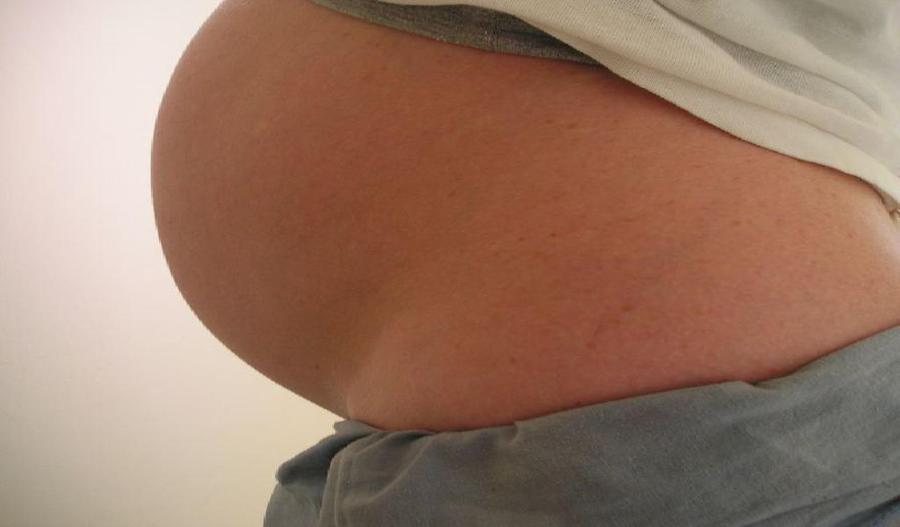Young girls with mental illness are three times more likely to become teenage parents than those without a major mental illness, according to a first-of-its-kind study by researchers at the Institute for Clinical Evaluative Sciences (ICES) and Women’s College Hospital.
The study, published today in the journal Pediatrics, is the first to examine trends in fertility rates among girls with mental illness.
“Research tells us that young girls are at high risk of pregnancy complications, including preterm birth, poor fetal growth and postpartum depression,” said Dr. Simone Vigod, a psychiatrist at Women’s College Hospital and an adjunct scientist at ICES. “Add to this a pre-existing mental illness, and these young women are forced to manage significant additional challenges.”
In the study, researchers examined live birth rates from 1999 to 2009 in 4.5 million girls, 15 to 19 in Ontario, with and without a major mental health illness. They found young girls with a major mental health illness, including depression, bipolar disorder and other psychotic disorders, were three times more likely to become teenage parents.
Although birth rates in both affected and unaffected adolescent girls decreased over time, the gap between the groups appeared to be increasing slightly over the 10-year study period. Among girls with a major mental illness, live births decreased by only 14 per cent during the study period compared to a 22 per cent drop among unaffected girls.
“Although we do know some of the risk factors behind why girls with mental health illness may be at increased risk of becoming pregnant, pregnancy prevention programs in most developed countries have not traditionally considered mental health issues” added Vigod.
The authors suggest targeted school-based programs are needed along with greater integration of reproductive health care into adolescent mental health care programs.
“Interventions that target and integrate reproductive and mental health care for young women are crucial to ensure we are providing the best care possible for adolescent mothers,” said Cindy-Lee Dennis, senior scientist at Women’s College Research Institute and a Canada Research Chair in Perinatal Community Health. “Having these programs and offerings in place will also help reduce teenage pregnancy and improve mother and child health outcomes.”



The above blog targets an issue that is extremely relevant at the moment. Statistics show that one girl out of every three girls in South Africa will or has had a baby by the age of 20 which is frightening as these girls are basically still children themselves. Many people say that teenage pregnancy is related to the family’s situation and the treatment of the daughter in the household. it is often said that the chance of a girl falling pregnant is higher when she comes from a household where her parents are not actively involved or when the girl has grown up in an abusive household.
When a child’s parents are not actively involved in the child’s life it may lead to a feeling of loneliness and rejection as the child may start to believe that he/she is at fault (although this is not the case) and this often leads to depression, drug abuse etc. This ties up with the mental problems mentioned in the blog, it is amazing to think that other mental issues besides depression could also contribute to teenage pregnancy and this shows how powerful the human-mind really is. Our minds control all of our actions and therefore mental health issues could ruin a young girl’s life in many ways. This blog discusses an issue which is very relevant and a situation that many young girls find themselves in, perhaps this blog and further research into the relationship between mental health issues and teenage pregnancy could lead to the prevention of more cases of this. This could really lead to less teenage pregnancy as well as increased and improved health care and support being made available to these girls.